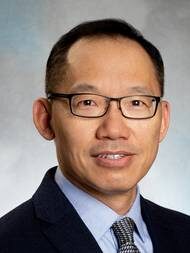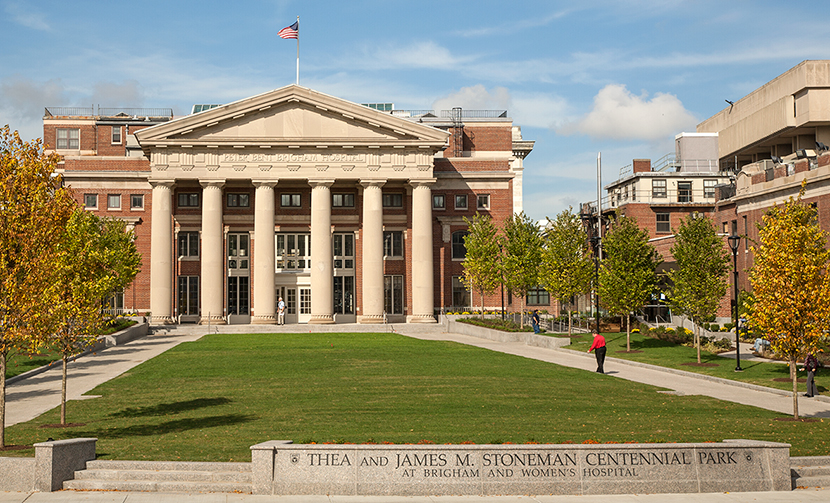Dr. Jia has been awarded by the National Institutes of Health and the National Cancer Institute for his study, “MMS22L loss and PARP inhibition in prostate cancer.”
One of the major barriers to effective treatment using PARP inhibitor is how to select patients who most likely benefit from PARP inhibition. In this project, we will determine whether loss of MMS22L can predict response to PARP inhibitor in prostate cancer.

Li Jia, PhD
Director of Urology Research, Division of Urology, Brigham and Women’s Hospital
Assistant Professor of Surgery, Harvard Medical School
Dr. Jia’s expertise lies in linking basic molecular biology with translational medicine. During the past 16 years, the major focus of his research has been on determining the molecular mechanisms of prostate cancer development and progression. Much effort has been devoted to understanding epigenetic mechanisms of androgen receptor-mediated transcription in prostate cancer. Using high-throughput next-generation sequencing, his lab has investigated dynamic chromatin modifications mediated by androgen receptor binding at a genome-wide level. These genomic analyses have led to the discovery of functional non-coding genetic variants that influence cancer-specific gene transcription. Specifically, his research has determined that prostate cancer risk loci within the chromosomal region 8q24 act as tissue-specific enhancers for the proto-oncogene c-MYC.
Since joining Brigham and Women’s Hospital/Harvard Medical School in 2014, Dr. Jia and his lab continue to focus on androgen receptor signaling and its related pathways (including WNT signaling and DNA repair pathway) that drive prostate cancer growth, metastasis and drug resistance. The goal of his research is to understand how these genes and pathways function under androgen-deprived conditions and identify therapeutic vulnerabilities in castration-resistant prostate cancer when androgen receptor-directed therapies fail.
Dr. Jia holds a Bachelor of Medicine and a PhD in nephrology from Nanjing Medical University in China. He completed postdoctoral training in urology at the University of Southern California, Los Angeles.
